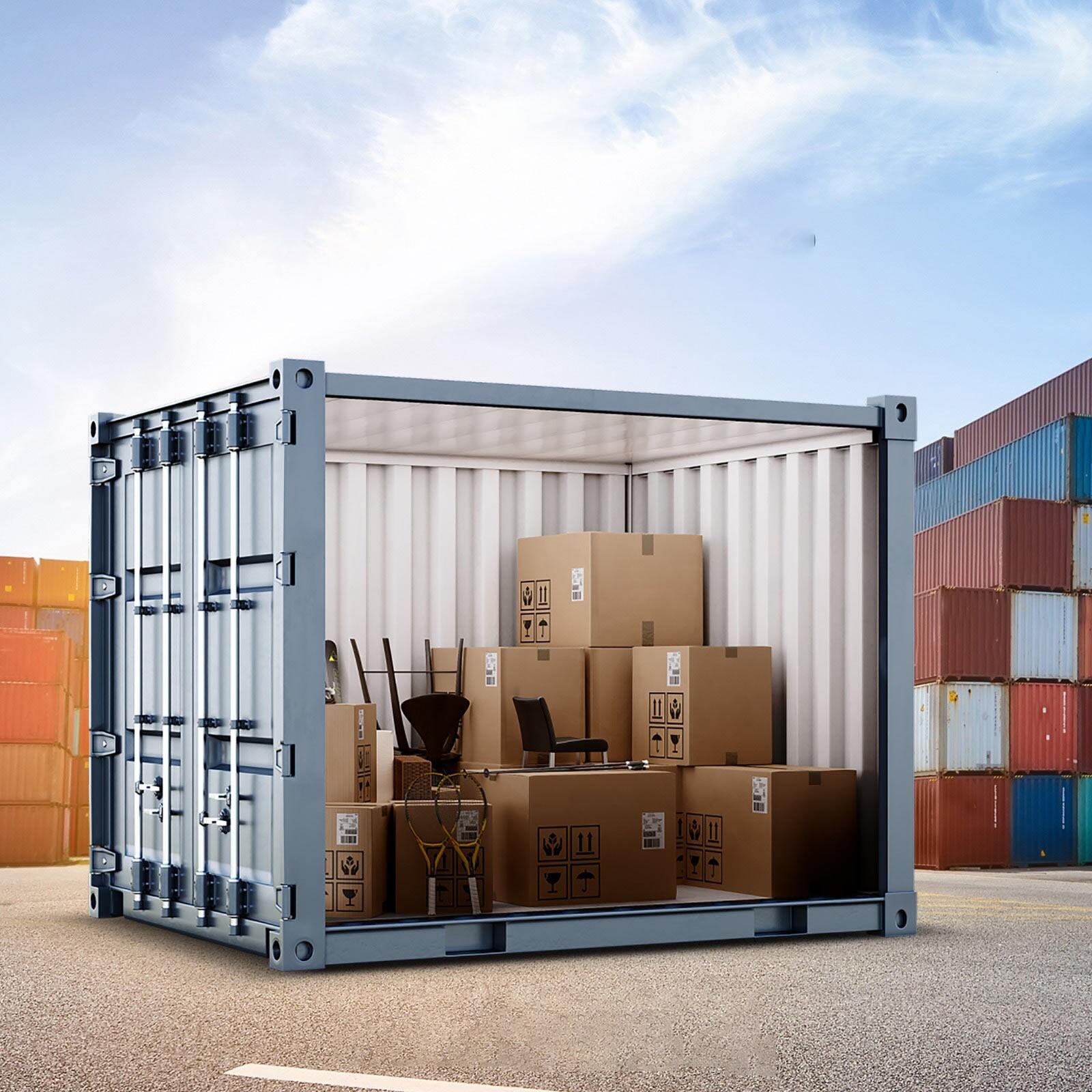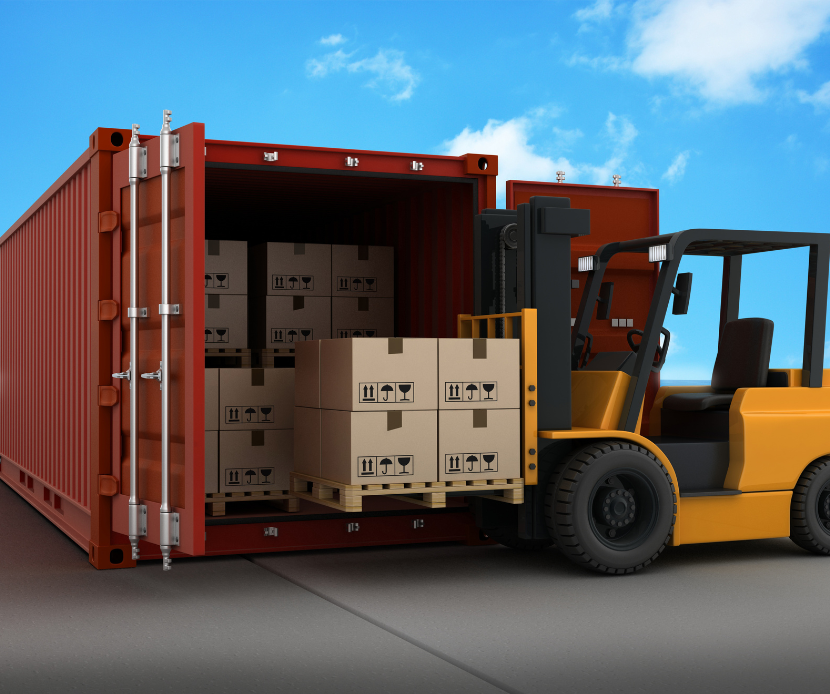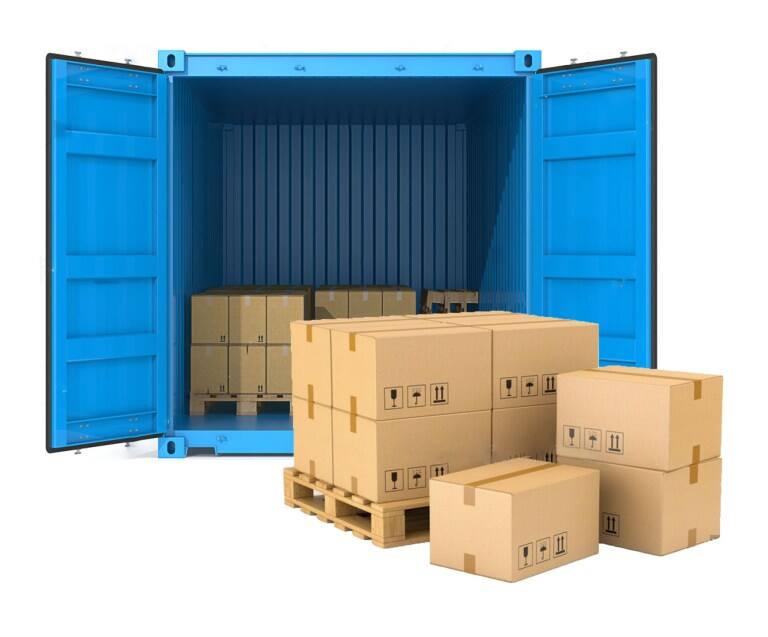international ocean shipping
International ocean shipping stands as the backbone of global trade, facilitating the movement of vast quantities of goods across continents. This sophisticated transportation system encompasses a network of ports, vessels, and advanced logistics infrastructure that enables the seamless flow of cargo worldwide. Modern ocean shipping utilizes state-of-the-art container vessels equipped with GPS tracking, automated loading systems, and real-time monitoring capabilities. These technological advancements ensure efficient cargo handling, enhanced security, and improved transit times. The industry employs various vessel types, including container ships, bulk carriers, and tankers, each designed for specific cargo requirements. Advanced weather routing systems optimize voyage planning, while digital documentation platforms streamline customs clearance and regulatory compliance. The integration of smart technologies enables real-time cargo tracking, temperature monitoring for sensitive goods, and predictive maintenance of vessels. This comprehensive system supports both full container load (FCL) and less than container load (LCL) shipments, providing flexibility for businesses of all sizes. The industry's commitment to sustainability is evident in the adoption of eco-friendly technologies and fuel-efficient vessels, reducing environmental impact while maintaining operational efficiency.


